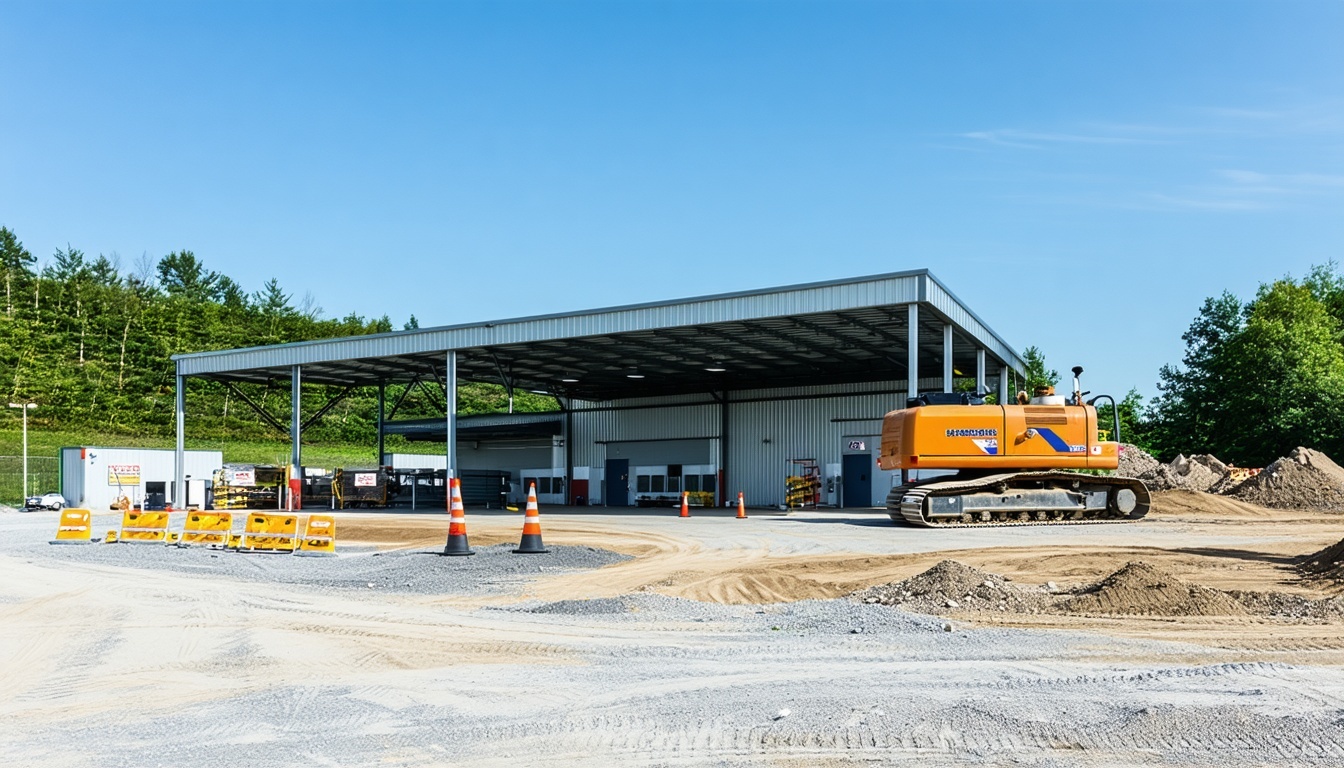As we recently reported, new regulations to standardize time limits for pilots flying across the European Union (EU) were proposed “in an attempt to reduce fatigue and enhance aviation safety”. Following the announcement, organizations like the British Airlines Pilots Association (BALPA), were quick to criticize the regulations, pointing out that pilots could end up landing planes after being awake for as long as 22 hours.
BBC news now reports that the proposed regulations were voted down by the Members of European Parliament (MEP) transport committee last week. The rejection may have been influenced by a Civil Aviation Authority (CAA) incident report which indicated that both pilots of a recent UK-bound flight had fallen asleep at the same time. The report suggested that the incident was a result of longer shifts creating “an insufficient opportunity for pilots to rest” but regarded it as “isolated”. BALPA, however, might suggest otherwise as a survey conducted on their behalf revealed that over 50% of commercial pilots admitted to “having fallen asleep on the flight deck” and almost 30% having woken up “to find the other pilot asleep”.
A BALPA spokesperson commented to BBC that “rejection of the new rules reflected “pilots’ concerns about the way the rules had been put together without proper scientific scrutiny and underpinning evidence”. Pre-departure procedures for flights involve rigorous checks and balances to make sure flight equipment is in optimal form before take off, but what about a pilot check?In the case of this British airbus flight, it was revealed that one of the pilots had only slept a total of five hours over the previous two nights, and this occurred under the supposedly more stringent existing UK rules. Regulations are important, but they need to be built around meaningful data, starting with a real understanding of the current state of pilot fatigue and a validated analysis of schedule change benefits and implications.




